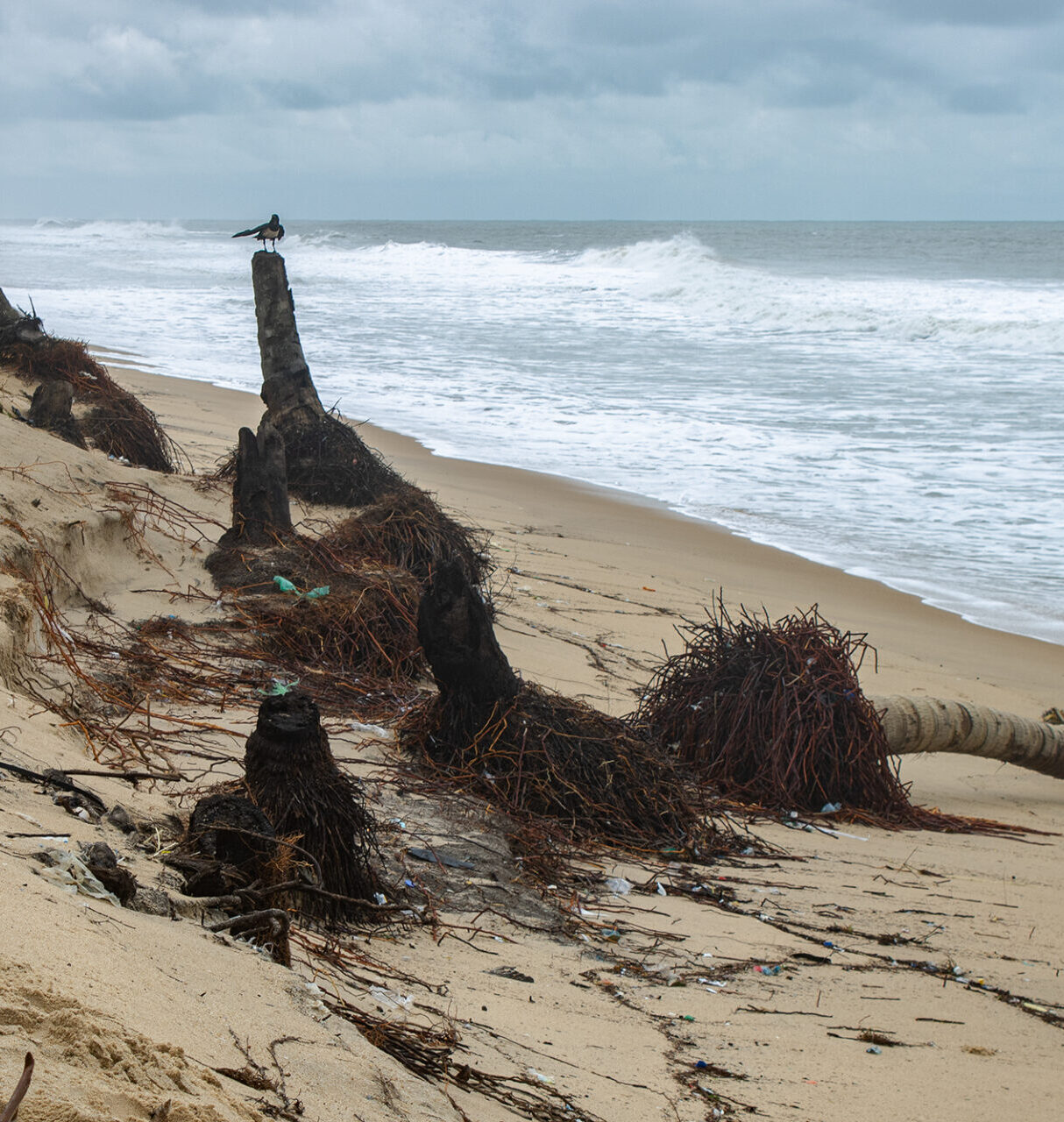EH 525
Environmental Justice: Concepts and Practice
The purpose of this course is to introduce the topic of environmental justice as it relates to public health. It has been developed to be accessible to a broad audience including those with backgrounds in environmental health, epidemiology, basic sciences, social and behavioral sciences, and health policy.
Mon, Jan 27, 2025









